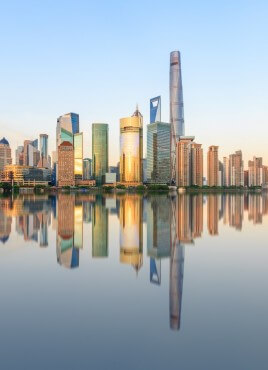Client story: I woke up to MSH
Rachel lives in Togo and has been with MSH since 2002. After routine surgery, she fell into a coma that lasted 2 months. Her hospitalization cost more than 200,000 euros - but it was all covered by MSH, without her having to get involved. Thanks to the reactivity of the team and their smooth handling of the situation, Rachel's family were able to avoid any extra stress - as was Rachel when she woke up.
Client story: my second opinion
Petra was very worried about the surgery she'd been prescribed following an accident at home. Before making her decision, she wanted a second opinion. Thanks to her private health insurance, which included the Second Medical Opinion guarantee, she quickly saw another doctor and got all the answers to her questions. The second doctor agreed that surgery was necessary and Petra went to hospital feeling reassured and confident.
Client story: The right decision
Bill and his family are based in Brazil. Unhappy with his previous insurer, Bill switched to MSH in December 2015: "One of the best decisions I've made since I've been here", he says, "for the level of service and the breadth and quality of the network." Bill's insurance card is now recognized by the biggest and best hospitals in Sao Paulo. He even gets third-party payment for simple hospital tests without needing prior agreement: "MSH makes life easy", says Bill.




